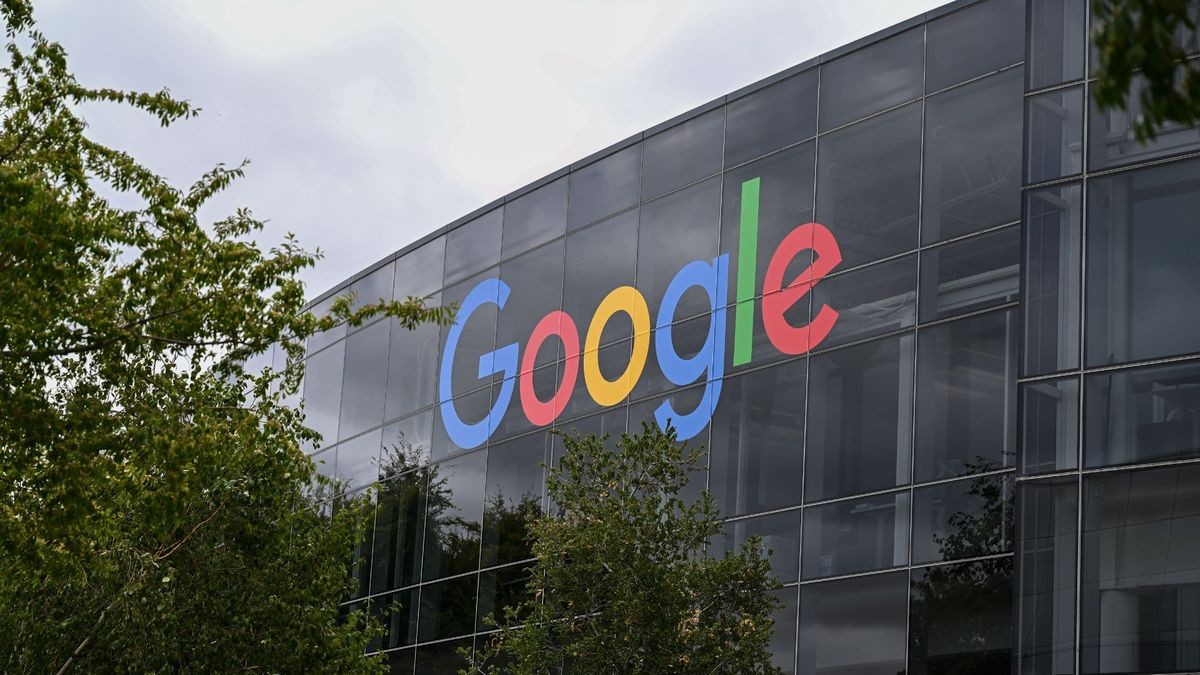
In a bold move that could reshape the tech landscape, the U.S. Department of Justice (DOJ) has reinforced its demand for Google to divest its Chrome browser as part of an ongoing antitrust case. The call comes amid concerns over Google's monopolistic practices in the search engine market.
The DOJ's March 7 court filing, known as the Revised Proposed Final Judgement (RPFJ), argues that Google's dominance in search has been maintained through anticompetitive practices that unfairly leverage other services like Chrome and Android.
"Google's anticompetitive conduct has denied users of a basic American value—the ability to choose in the marketplace," the DOJ stated in its filing.
The proposed remedies include:
- Mandatory divestment of the Chrome browser
- Potential sale of the Android operating system
- Termination of exclusive agreements where Google pays to be the default search engine
- Requirements for Google to share data with competitors
The case represents the most substantial antitrust action since the 1998 Microsoft litigation. Judge Amit Mehta previously ruled in August 2024 that Google held a monopoly in search, though the specific remedies remain under debate.
Google has responded by characterizing the DOJ's proposals as a "radical interventionist agenda." However, with hearings scheduled to begin in April, the tech giant faces an uphill battle against these demands.
While breaking up monopolies typically benefits consumers, industry experts note potential risks. The sale of Chrome, the world's most popular web browser, would need careful oversight to prevent it from falling into hands that might compromise user privacy or security.
The DOJ's latest filing shows some flexibility regarding Google's AI investments, stepping back from previous limitations. However, the core demands for structural separation remain firm as the case moves toward its next phase.
The final decision rests with Judge Mehta, who will determine whether Google must proceed with these divestitures. The outcome could fundamentally alter the digital landscape and set precedents for future tech industry regulation.